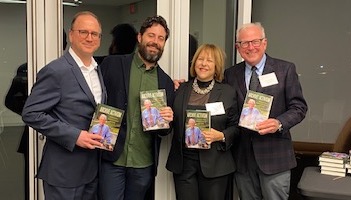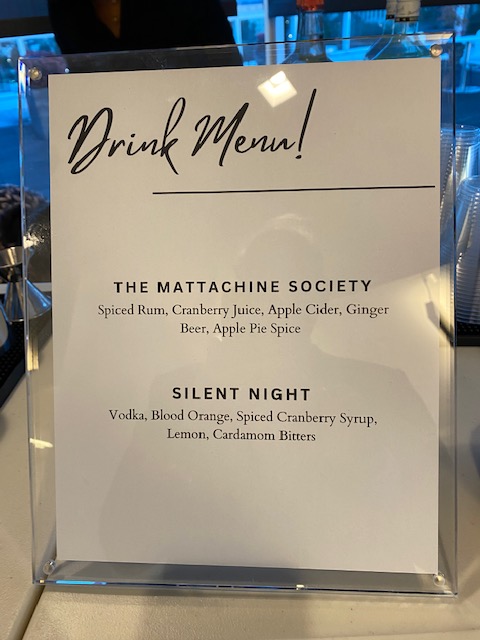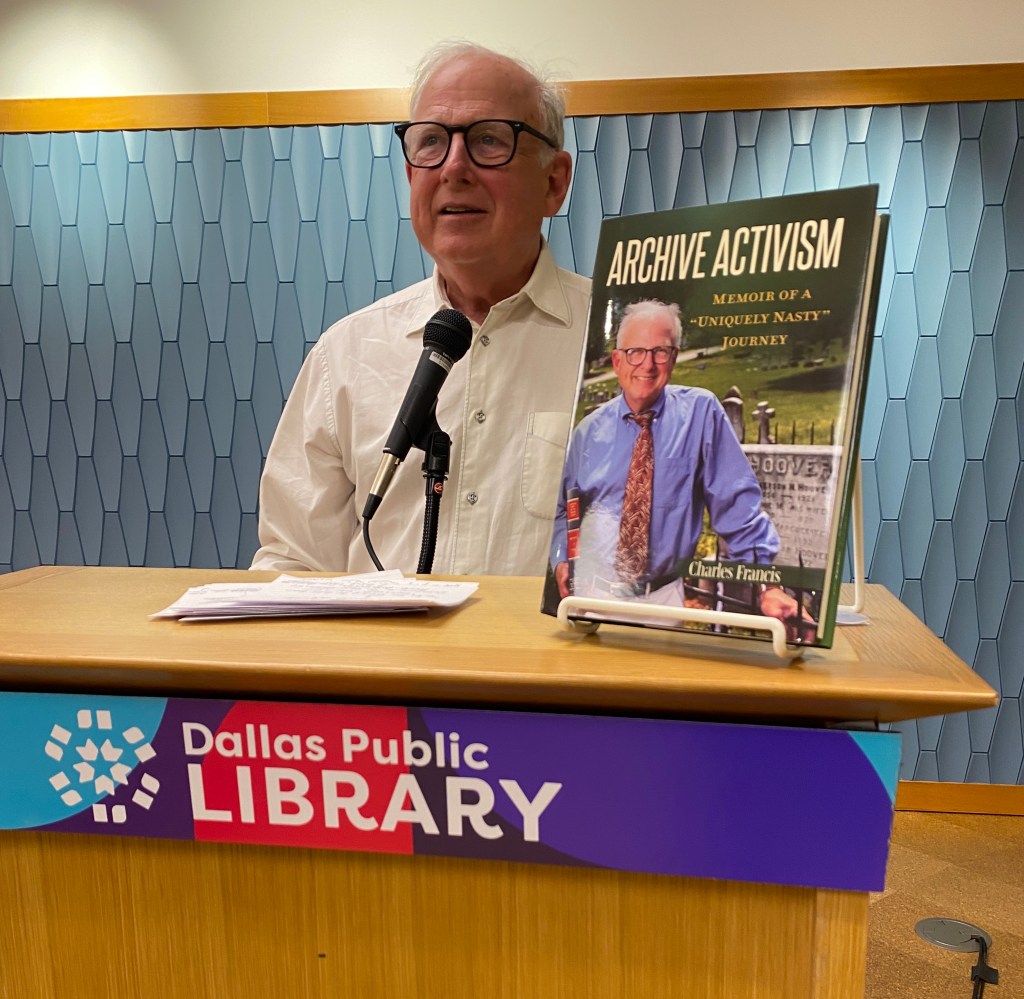
You heard it right. “Filth” is what the Oklahoma state senator called us in response to a question about the Oklahoma state legislature’s near obsessive focus on LGBTQ issues. “I represent a constituency that doesn’t want that filth in Oklahoma….we’re a Christian state,” Senator Tom Woods laid it on the table in the wake of the fatal beating of a non-binary high school student Nex Benedict. Way out in Eastern Oklahoma between Muskogee and Fayetteville, Arkansas–places where kids are kicked out of their homes for being queer—pure animus toward all sexual differences still reigns in a lot of peoples’ hearts. Even in the context of a brutal and fatal beating of a teenager in a school bathroom, Senator Tom Woods was comfortable with this verbal assault—using a word like “filth” to demean and transform LGBTQ Americans into something dishonorable and uniquely nasty.
Verbal assaults of this magnitude were used in the 1930s to deadly effect by the Nazis with incessant propaganda transforming Jews into socially dead beings. To understand the concept of verbal assault—a day-in, day-out battering worse than bullying, sliming or raw insult—I turned to historian Daniel Goldhagen who wrote, “The verbal assault contributed, as much as any other policy, to transforming Jews into socially dead beings, beings who were seen to be owed few if any moral obligations by Germans and who were conceived of as being thoroughly dishonorable, indeed incapable of bearing honor.” (“Hitler’s Willing Executioners: Ordinary Germans and the Holocaust”, 1996) Verbal assault is the only way one can describe “filth” used by a Republican state senator on a public legislative panel forum. Can an Oklahoma citizen bear honor if he, she or they is “filth”? Can their families allow such an individual to even stay in the house? One student I met at the University of Arkansas, not far from this state senator’s Oklahoma, had nowhere to go when his Dad kicked him out except his pick-up truck.
So now we can add “filth” to the Republican lexicon of verbal assault hurled at sexual minorities. The historic list is a long one but demands remembrance: deviate, fag/faggot, homo (self-avowed homo), infamous, unnatural, abnormal, the “verts” (pervert and invert); three “dis”es—disordered (insane), dishonorable, disloyal; sodomite (sodomite sinner); nasty (uniquely nasty) and queer (the original meaning). In memory of Nex Benedict, we must remember not only the verbal assaults over decades but the naked animus they represent. Our reckoning is in remembrance and action to fight—and call things what they are in Oklahoma.
Charles Francis is author of Archive Activism: Memoir of a “Uniquely Nasty” Journey (University of North Texas Press, 2023









